Is the goal of having 1 million social housing apartments far-fetched?
According to the Project of the Ministry of Construction , by 2023, the specific goal is to complete 1 million social housing units. To achieve this goal, in 2023 alone, the Government and the Ministry of Construction have organized many seminars to clarify the bottlenecks in the development of social housing projects. From there, solutions to remove difficulties are proposed.

The approval procedure for social housing projects is taking a long time.
In these seminars, most businesses showed interest in social housing projects. Despite the call of the Government and the Ministry of Construction to promote the development of social housing, along with the consensus of businesses, many localities still have many bottlenecks, causing many projects to wait for approval.
For example, recently, the investor of a social housing project in Hanoi spoke out quite harshly when the city delayed responding to the issue of approving procedures for implementing two social housing projects in Hoang Mai district. The delay was up to 300 days, or nearly 1 year.
Immediately after the "accusation" of the enterprise, the Hanoi People's Committee requested the Department of Planning and Investment to speed up the progress and support the investor.
Thus, it can be seen that administrative procedures at localities are barriers to the development of social housing. Some opinions say that if this situation is not resolved, whether the target of 1 million social housing apartments by 2030 will be achieved or not is still open.
Talking to reporters of the Journalist and Public Opinion Newspaper, Mr. Nguyen Trung Tuan, a real estate expert, said: Previously, some opinions said that some businesses "disliked" social housing because of low profits, limited to 10% of the total project value.
For example, a project with a total investment value of about 1,000 billion VND, the investor is only allowed to make a profit of 100 billion VND. This profit limit is intended to prevent social housing prices from increasing too high. In fact, the profit limit has helped social housing to be very cheap, mostly under 20 million VND/m2, even some projects have prices of only 10 million VND/m2.
“Compared to commercial housing projects, the profit margin of social housing is only 1/3, or even 1/5,” said Mr. Tuan.
However, Mr. Tuan said that the issue of businesses “disliking” social housing as having low profits is correct, but not all. Currently, many businesses are interested in this segment, but the procedures are too complicated and lengthy, making businesses “discouraged”.
“Although the government supports and offers many incentives, localities have not really created conditions for businesses to develop social housing. The government and the Ministry of Construction are the ones who come up with development policies, but the localities are the ones that approve whether projects can be built or not, and there are many bottlenecks,” said Mr. Tuan.
According to Mr. Tuan, the approval process for social housing investment is no different from that of commercial housing, and sometimes even more complicated. While the profit is not as high, that is the reason why investors are “afraid” to invest in this segment.
All difficulties must be resolved within a time limit.
Regarding this issue, Mr. Vuong Duy Dung, Deputy Director of the Department of Housing and Real Estate Market Management, Ministry of Construction, acknowledged some “bottlenecks” in the development of social housing. One of the biggest “bottlenecks” is that the investment process and project approval process are still slow in many localities, due to overlapping legal systems and regulations.
In addition, the investment and implementation procedures are lengthy. In particular, businesses also face difficulties in capital sources.
In order to remove difficulties related to project approval procedures, at the end of 2022, the Government established a working group to remove difficulties for the real estate market. The working group has grasped the difficulties in project approval procedures. Within its authority, the working group is coordinating with ministries, branches, and localities to find solutions.
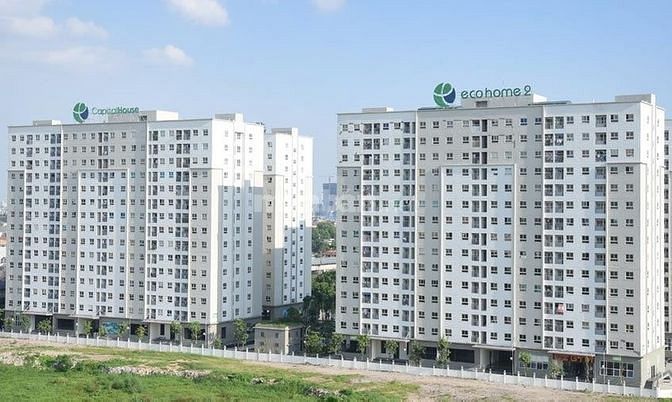
One of the biggest "bottlenecks" is that the investment and project approval procedures are still slow in many localities.
“In particular, some social housing project investors complained about the lengthy project approval process. The working group has sent documents to the People's Committees of provinces and centrally-run cities to study solutions to remove these obstacles,” said Mr. Dung.
Mr. Vuong Duy Dung added that with problems under the authority of ministries, branches and localities, the working group has asked these units to find solutions. For example, credit capital has been considered by the State Bank, or bonds are being studied by the Ministry of Finance for a "rescue" plan.
Emphasizing this, Mr. Dung said: “All difficulties and problems under the authority of ministries, branches and localities must have solutions and a deadline for resolution. This deadline depends on each field, so there is no way that ministries, branches and localities can ignore the difficulties that businesses have raised.”
With problems beyond the authority of local ministries and branches, the working group has sent a written request to the Government for consideration.
“With determination and solutions to overcome difficulties in the recent past, I hope that the development of social housing in the coming time will grow strongly, contributing to solving housing problems for low-income people,” said Mr. Dung.
Meanwhile, Mr. Ha Quang Hung, Deputy Director of the Department of Housing and Real Estate Market Management, Ministry of Construction, said that the lack of determination in reforming administrative procedures and creating favorable conditions for businesses and people to participate in investing in building social housing has led to prolonged and stagnant investment preparation time, site clearance compensation, land allocation, appraisal time, and approval of planning and projects.
Recalling the Project of the Ministry of Construction, which sets a specific goal that by 2030, the whole country will complete at least 1 million social housing apartments, Mr. Ha Quang Hung said: “Local leaders must identify this as a personal political task. Localities must be responsible for publicizing and introducing social housing investment land funds to businesses for research and investment project proposals. At the same time, there must be solutions to accelerate investment in construction of projects being implemented and projects with investment policies.”
According to Mr. Ha Quang Hung, the People's Committees of provinces and centrally run cities urgently complete the establishment, amendment and supplementation of local housing development programs and plans. In particular, clarify the goals of social housing for low-income people and industrial park workers, in accordance with the National Housing Development Strategy for the period 2021 - 2030, with a vision to 2045, approved by the Prime Minister in Decision No. 2161/QD-TTg dated December 22, 2021, as a basis for approving investment projects.
“It is important to study decentralization, simplification, and shortening of administrative procedures according to authority. Localities clearly specify the focal point for implementing administrative procedures in establishing and approving social housing and worker housing projects,” Mr. Hung proposed.
Source















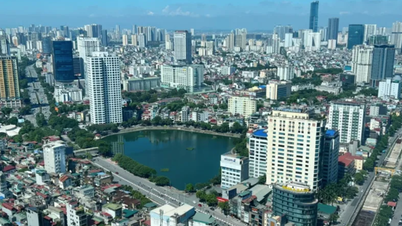














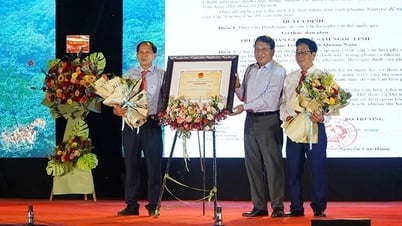

















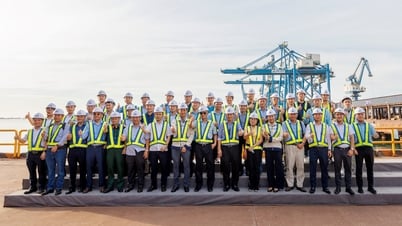






























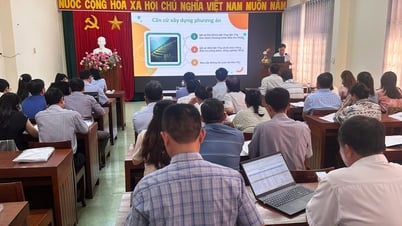


















Comment (0)